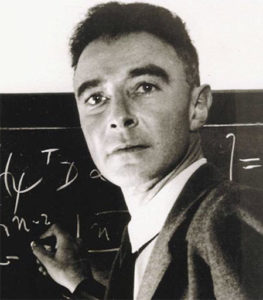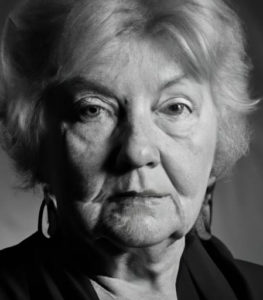The Real Academic Dark Web
From podcasts to television, pseudo-intellectuals work hard to discredit scientists and academics and to proclaim themselves the “real” experts. Whereever there is uncertainty, there is a snake juice salesman waiting to sell folks the real answers. But they’re not completely wrong.
Scientists as well known as Robert Oppenheimer, Albert Einstein, Vera Rubin, and Michael Faraday have faced not only opposition, but sometimes outright theft, harassment or abuse of their ideas when they tried to do the right thing. Why? If the scientific community mistreats brilliant minds, can science be trusted?
доверяй, но проверяй. Trust but verify. – Russian Proverb
Worldshaking Discoverers… Undermined
The history of science, and of humanity in general, is fraught with tales of visionaries who were mocked and harassed, often for the very ideas that that they are now well known known for. From Socrates to Joan of Arc, Galileo to Charles Darwin, philosophic and scientific ideas have led to social upheaval and personal persecution.
Can’t we do better? Somehow, yes we must do better.
Yet despite our tremendous technological advancements, super computers, global communication, and far better understanding of our place in the universe, it remains as difficult today to create, sustain, and innovate as it was in the past. Automation has transformed our society, but the cost of everything has soared, including education. Meanwhile, hires of tenured professors and research faculty are down. A quick look at university expenses shows the true reason: administrative bloat, which sucks energy out of researchers and professors and money out of young people wishing to learn.
Zzzzzzzzz. Boring. So what?



We Must Embrace And Share Our Ideas
This above all, to thine own self be true, and it must follow, as the night the day, thou cans’t not then be false to any man. – Polonius, Hamlet
The scientific method can still guide us true. It encourages sharing new ideas, but also testing them. It also allows for testing of old ideas. In principal, nothing is sacred, even the the basics tenets of our own worldviews. Thinking about new things, whether we mean aliens building the pyramids or cats on another planet, may lead to incredible insights.
But experimentation, questioning, and self-awareness also often lead to uncomfortable realities: that we are wrong. That cherished beliefs or ideas about our identity are incorrect. You may think you know where I’m going with this… but are you sure?
We should encourage colleagues and friends who are different, or who have kooky ideas. We should encourage new papers and books about strange ideas. And we should read our friends book, stories, and papers! But we also have to be vulnerable. We have to share, and be willing to be wrong.
And yet you’re probably reading this and thinking, I’m the one who’s right and it’s those other weirdos who are wrong! Are you so sure? My brain certainly thinks so. Amazing organ the brain. Amazing at deceiving us.
